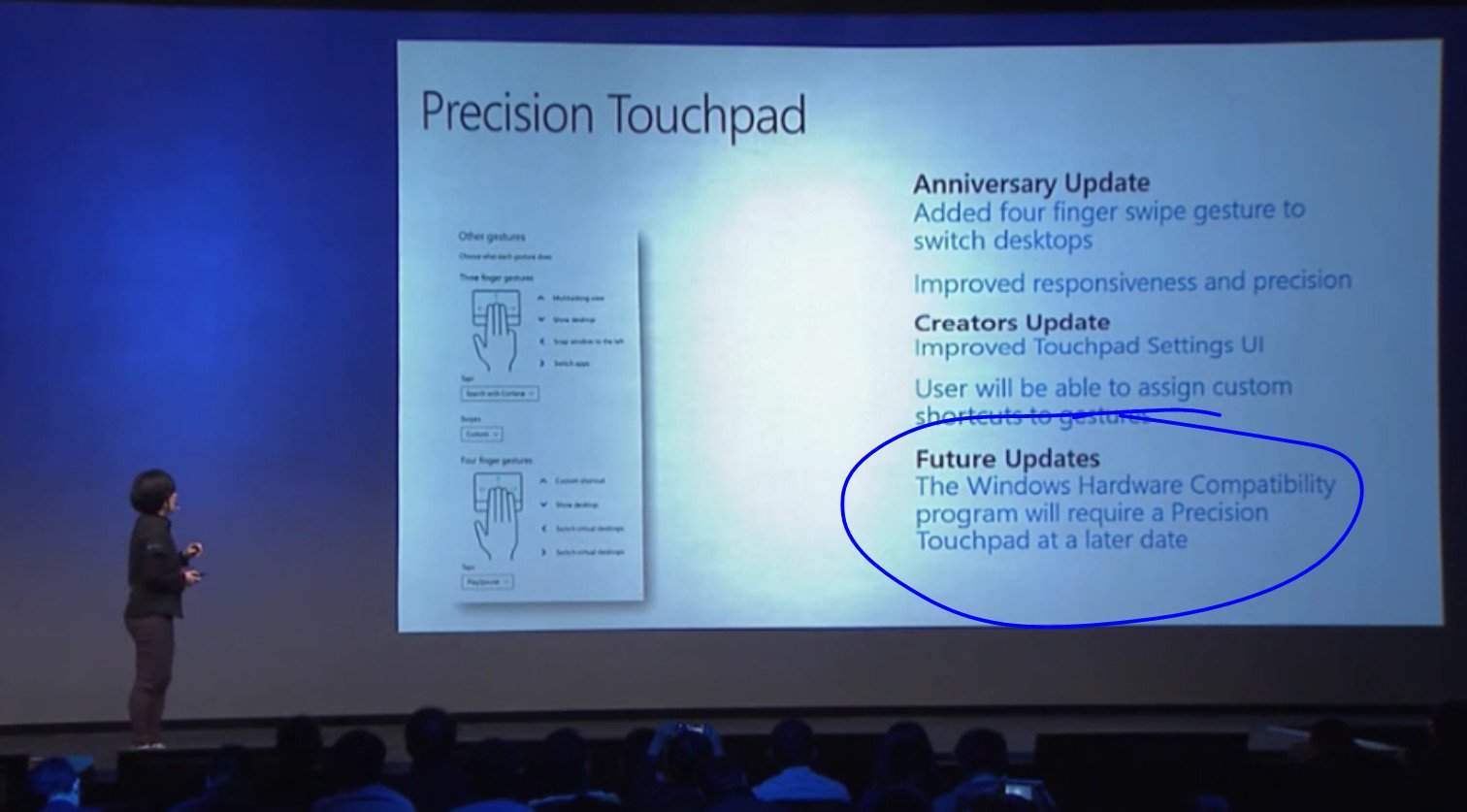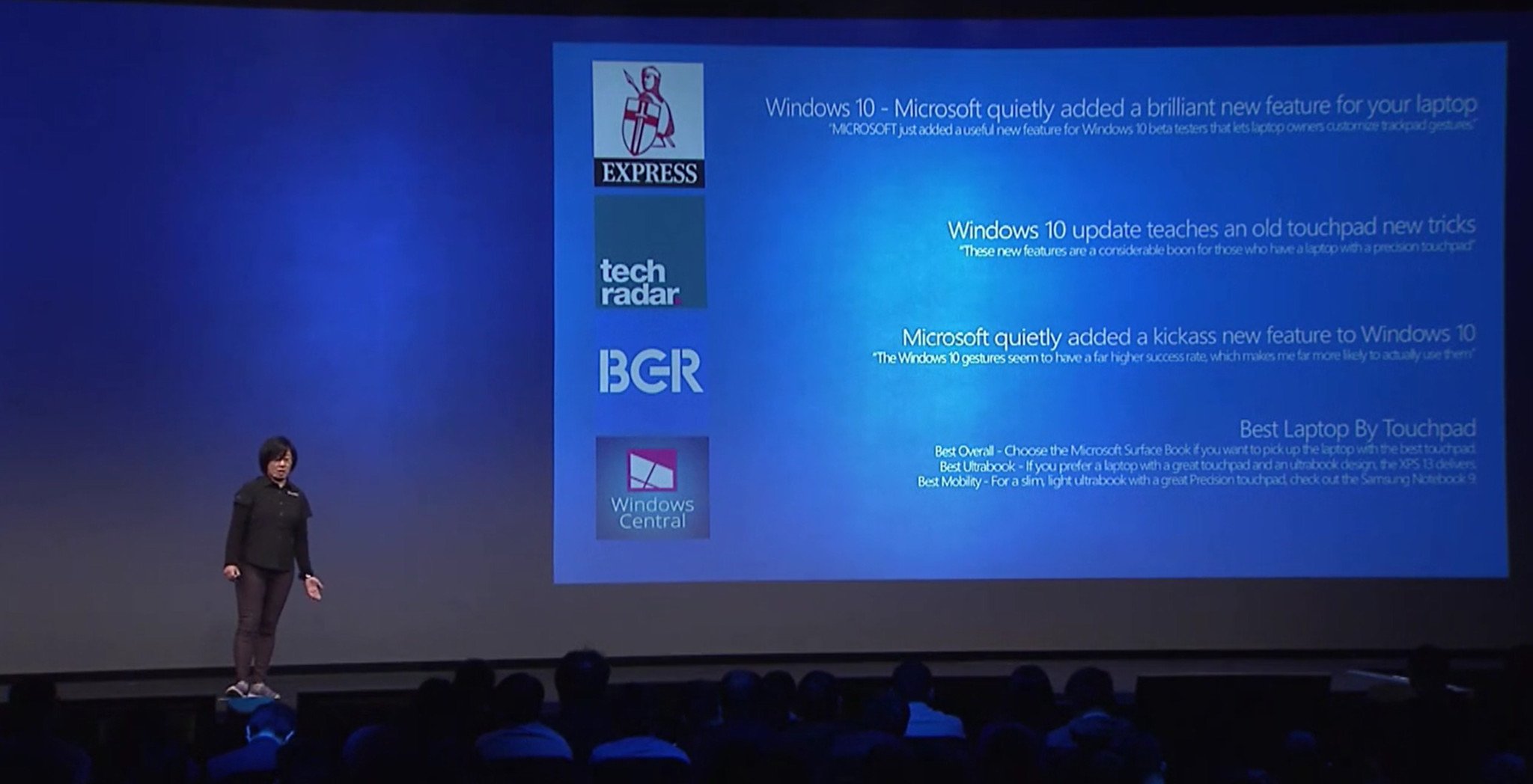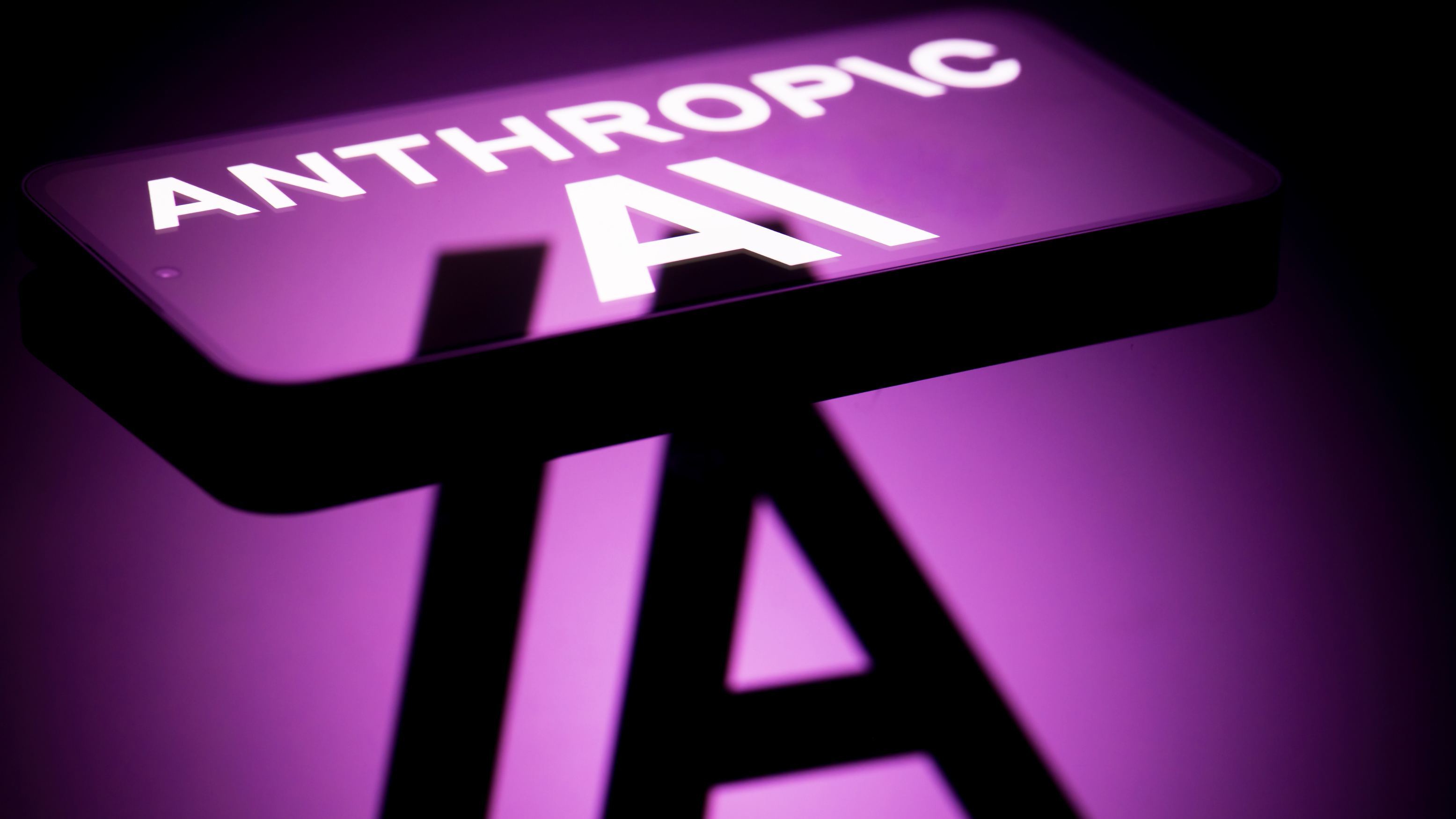Microsoft to make Precision Touchpads a requirement on new hardware with future versions of Windows 10

For a long while, before precision touchpads came into play, Windows laptops were known for being terrible when it came to trackpads, and that was because each hardware maker had their own way of building and fine-tuning the tech used to control the trackpad. This made it so every laptop running Windows had a slightly different, and very bad trackpad that was a pain to use.
That was the case for almost a decade, until Microsoft unveiled a standardized technology called "Precision Touchpads" which give hardware makers everything they need to build the best trackpad on Windows. Microsoft use it in their Surface Pro 4 type cover and Surface Book, and 3rd parties like Dell use it in their XPS line. It truly is the best kind of trackpad you can buy on a Windows machine, and it's noticeable when compared to other, order trackpad tech.
As it currently stands, that technology from Microsoft is optional for hardware makers, meaning they still have the option of using whatever trackpad tech they like in their machines. What this means is the likes of HP, who are now building amazing, premium devices, are still using trackpads powered by Synaptics, which arguably aren't as good. HP claim that Synaptics allow for more control over the different options their trackpads offers, but at the end of the day, Precision is just better.

Microsoft knows this, and have announced at WinHEC that they are looking at making the use of Precision Touchpads a requirement for devices part of the Hardware Compatibility Program, for future versions of Windows 10 after the Creators Update. This, in theory, would mean hardware makers would have no choice but to implement Precision Touchpads rather than touchpads from Synaptics or some other 3rd party trackpad maker if they wish to preload Windows 10 on their devices.
Update: Point of clarification as Synaptics actually makes the hardware for Precision Touchpads (PTPs), but manufacturers have the option to enable either Microsoft's Precision tuning software or use Synaptics instead. As a standard, Precision is mostly about software tuning with some basic hardware guidelines. That means that companies like Synaptics and Elan won't necessarily be hurt by this decision, but rather their software optimizations may not be utilized as frequently.
This wouldn't mean devices without Precision Touchpads would stop working, it simply means hardware makers that want to ship new devices with, say, RS3 or RS4, would have to ship with a Precision Touchpad. This is great news for everyone, as it means Microsoft will finally be standardizing the technology used on all Windows trackpads. Excellent.
Now, keep in mind that hardware makers don't necessarily have to follow the Windows Hardware Compatibility program, but if they wish to have a "Built for Windows 10" certification, which most of the big hardware makers do, then they will indeed have to follow this requirement if Microsoft put it into effect.
All the latest news, reviews, and guides for Windows and Xbox diehards.
Thanks for the tip, win10fan!

